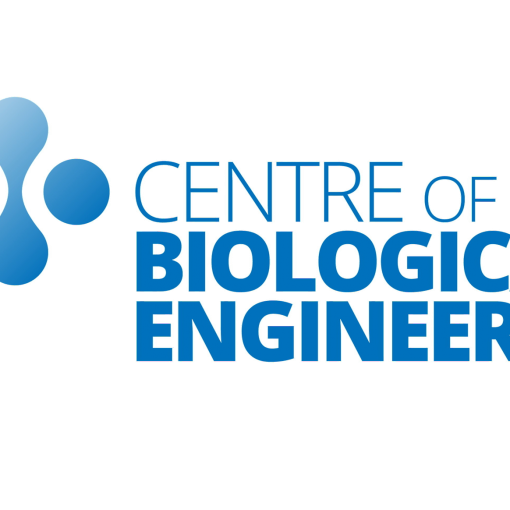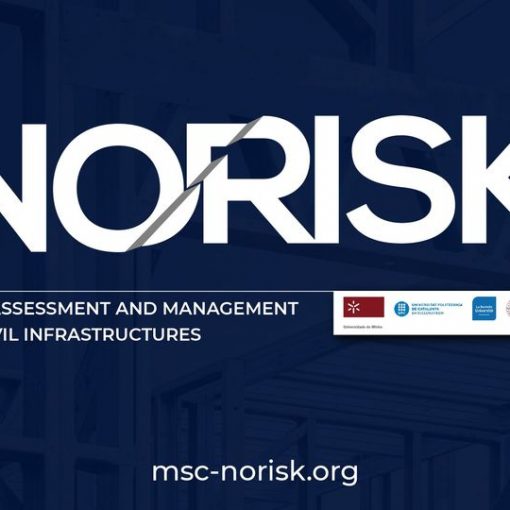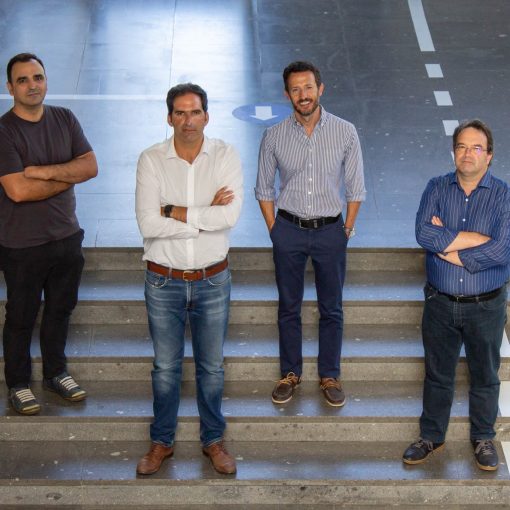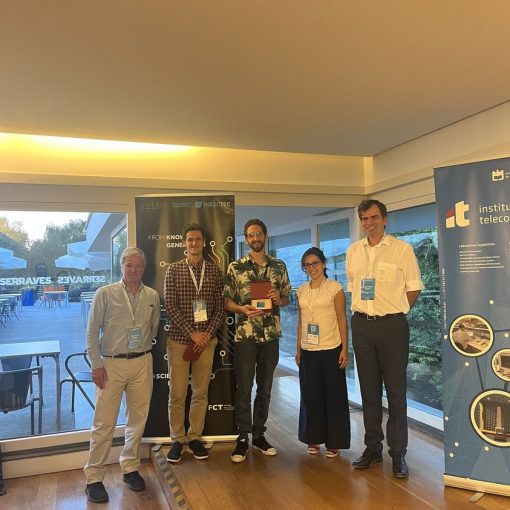A team of High Assurance Software Laboratory (HasLab – EEUM) / INESC TEC researchers participated in the creation of a solution that aims to improve railway safety through the automatic validation of transport networks. The solution, developed within the scope of the DigiLightRail project – and in partnership with Efacec – focuses on the definition of signalling and interlocking rules, towards reducing accidents in urban mobility caused by failures in signalling systems.
More specifically, the EVEREST solution — Efacec Verification of Railway nEtworks Tool — relies on a tool that, using the metalanguage railML as a “lingua franca” -, connects CAD subsystems for railway line design with a unit that specifies said rules, thus performing the formal verification of railway networks according to existing standards.
INESC TEC was mainly involved in the development of automation tools, focusing on the validation through formal methods.
José Nuno Oliveira, researcher at INESC TEC High-assurance Software Laboratory (HASLab) and professor at the School of Engineering of the University of Minho, highlighted “the relevance of the formal methods explored by INESC TEC in the development of safety-critical software, e.g., railway“.
Thanks to the EVEREST solution, it will be possible to increase the correction of railway projects and, consequently, reduce the number of errors that move to the next stages: application and use in practical context. Moreover, the tool developed will allow a coherent reading of the network by engineers and designers, automating the flow of information between the different points of the system, influencing the teams’ productivity.
It will also enable a greater support for the definition of the relevant properties that must be verified, and the automation of this process — which will reduce the associated efforts in these activities.
“The partnership with INESC TEC, with whom Efacec has kept a close relationship for several years, has been quite successful, allowing us to bring solid theoretical knowledge to the industry sector, in order to create a working group with advanced technological skills”, mentioned José Mário Fonseca, technology manager of the project at Efacec.
The project took place within the scope of the Portugal 2020 programme, focusing on concentrating on a single piece of equipment the various features of communication between vehicles — e.g., metro and train — and the systems on the tracks. Some of the solutions developed in this area are already being applied in Portugal (the extension of the Yellow Line and the new Pink Line of the Metro do Porto), and in other countries, e.g., Italy, Spain, Algeria, the United Kingdom, Brazil and Norway.
The INESC TEC researcher mentioned in this news piece is associated with UMINHO.
SOURCE: BIP



